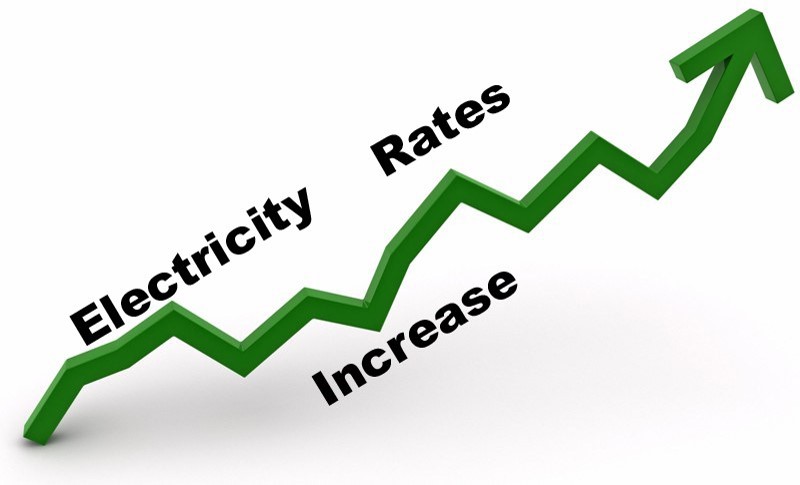Electricity costs are rising. Certain Georgia ratepayers will experience multiple increases in 2023 alone.
This page contains up-to-date information that can help organizations lower electricity costs, which are savings that they can reinvest in their core mission.

Inflation Reduction Act
The IRA creates new and expanded incentives for major sectors of the US economy:
- Electricity
- Transport
- Industrial production
- Real estate
Property that companies and organizations, including nonprofits, are being incentivized to invest in include:
- Solar systems
- Wind turbines
- Energy storage
- Geothermal
- Clean vehicles
Savings via the IRA can be available to non-taxable entities resulting in dramatic cost reductions. In Feb. 2023, the U.S. Green Building Council (USGBC) prepared a summary of public and nonprofit sector buildings provisions in the IRA and Infrastructure Investment and Jobs Act.
Energy-As-A-Service
Even with IRA "tax refunds," as well as grants, loans, and cost savings afforded in other IRA provisions and the Infrastructure Investment and Jobs Act, some organizations may prefer to shift energy costs from upfront capital to operating expenses. Fortunately, Georgia Power has offerings that allow their customers to obtain the benefits of energy efficiency through a technology subscription or traditional financing. Entities in Georgia can also get the benefits of solar energy without having to own the solar system located on their property.
Georgia Power Energy-As-A-Service
Cherry Street Solar-As-A-Service
Case Study: Emory University
In 2020, Emory University entered into a Solar Energy Procurement Agreement (SEPA) with Cherry Street Energy to install 5.5 MW of solar on the Atlanta campus. Furthering Emory’s commitment to economic inclusion, Cherry Street’s Shine On workforce development program provides skilled training to the workers installing more than 15,000 solar panels across Emory’s rooftops and parking decks.
Below are SEPA contracting issues to consider. These high-level points are provided by Emory University's attorney Stephen E. O’Day, Esq.
| Location (e.g., rooftop, parking canopy, greenfield) |
| Design team's involvement (e.g., aesthetics of campus) |
| Insurer requirements |
| Size of system |
| SEPA provider's production estimate or guarantee |
| Who owns renewable energy credits |
| Terms and renewals |
| Purchase option |
| Buyback fee |
| Interconnection, witness testing |
| Adding sites, facilities |
| Easements (access, solar) |
| Site transfer |
| Publicity for SEPA customer |